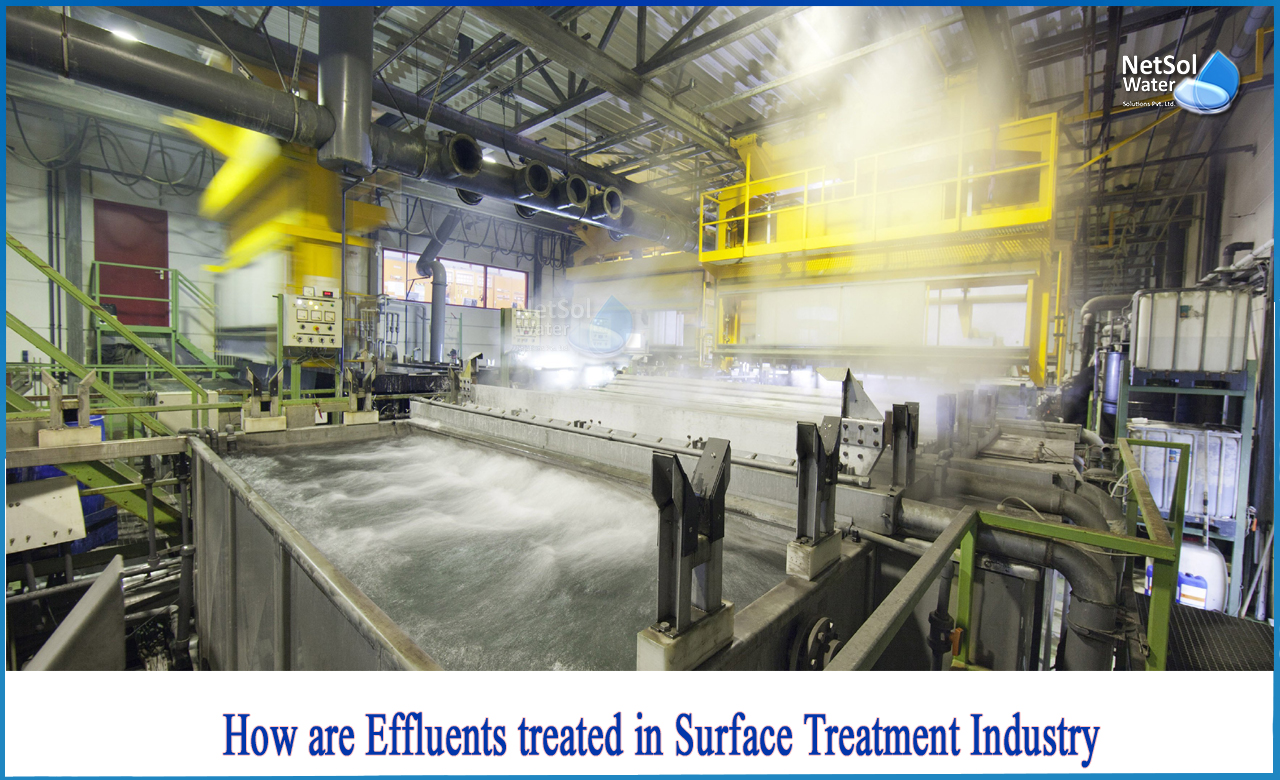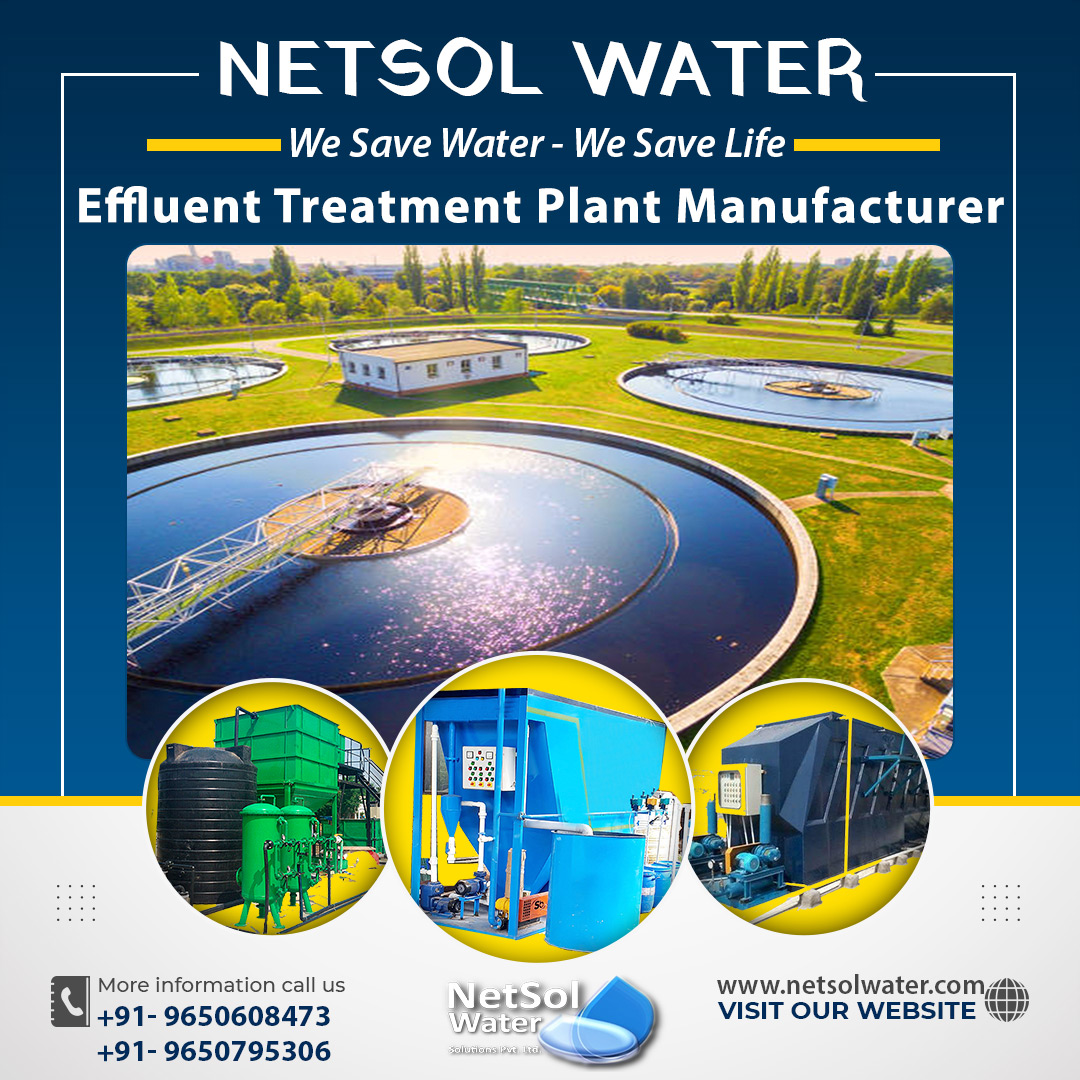How are effluents treated in surface treatment industry?
The surface-treatment industry's operations include coating metal or plastic surfaces with various processes in order to enhance their properties, such as preserving them from wear and corrosion, changing their electrical conductivity, and so on. Although there are many other treatments and coatings that may be used, electroplating is one of the most frequent. The electroplating method includes coating the surface to be treated with a thin layer of metal that offers the necessary qualities. Chrome plating, nickel plating, zinc plating, copper plating, cadmium plating, tin plating, and other techniques are all widespread.
Processfor effluent treatment in Surface-treatment Industry
The technique is immersing the surface to be treated in an electrolyte bath, which reduces the amount of metal ions present in the solution on the surface to be coated. The most frequent metals for coating include zinc, copper, gold,nickeland chromium, as well as anodizing, which involves converting the metal surface into an insoluble oxide coating, with aluminium being the most extensively used anodizing substance.
During the surface treatment process, two types of liquid effluents are produced:
1: Those with a high pollutant load but a limited volume (such as saturated process baths),
2: Those with a low contamination burden but huge volumes (typically during washing operations).
Characteristics of the effluent
COD, oils and fats, surfactants, metals, alkalinity, acidity, cyanide, and salts, as well as other species present in smaller amounts, make up the contamination load in the liquid effluent generated.
Given the toxicity and contamination of this effluent, there are two main treatment options: the first uses separation and decontamination techniques such as ion exchange, selective electrolysis, neutralization,electrocoagulation, and subsequent precipitation, or membrane-based technologies (micro- and ultrafiltration) to remove the toxicity and contamination from the effluent, allowing it to be discharged into either the public water treatment system or the wastewater treatment system.
The alternative option is to divide the effluent into two flows, one having water that may be reused in the process and the other carrying a highly concentrated waste that can be controlled outside, using concentration techniques (essentially vacuum evaporation). The state-of-the-art for all of these technologies permits them to be utilized with a high possibility of successful and efficient treatment of such effluents.
Conclusion
The surface-treatment industry's principal environmental issues are excessive water consumption and the development of significant amounts of liquid effluents. Despite the fact that such effluents often have a preferred treatment technique associated with them, based on their features, it is not always practicable to separate all of the effluents and treat each one separately using the best technology.
Vacuum evaporation is an excellent method for a wide range of effluents, such as those produced during degreasing or copper cyaniding coating processes. Furthermore, when all effluents are mixed together or only one treatment method can be employed for all effluents generated, it is the only efficient and feasible technique.
What do we offer?
Netsol Water is dedicated to making a long-term commitment to environmental protection and improving people's quality of life. We are the solution to all your water and wastewater treatment needs. Our goal is to make the world's water, wastewater and waste management systems affordable, sustainable, and energy-efficient in order to address the problems of population growth, industrial expansion, and climate change.




